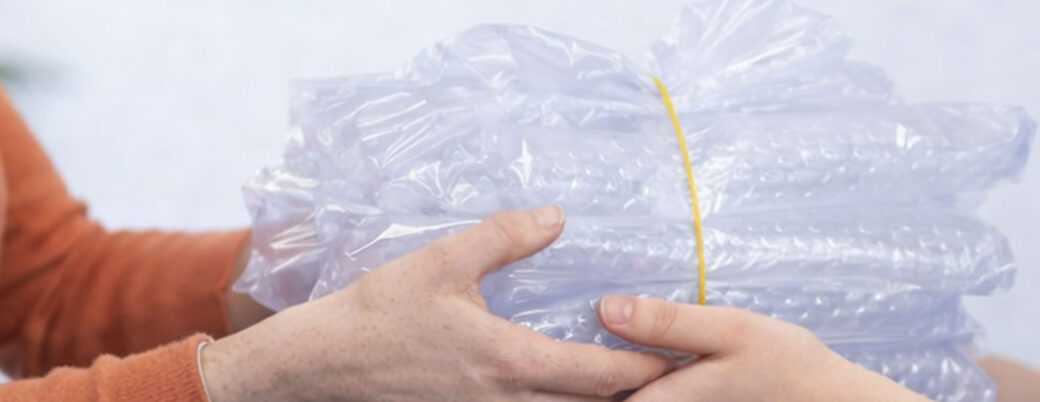The Textile Recycling Association has said there must be “better regulation” of the sector, following recent ITV reports into textile waste dumped in Ghana.
The Textile Recycling Association (TRA) has raised concerns over regulation of the sector in response to the ITN investigation, which found clothing waste originating in the UK “polluting” Ghana.
Following similar reports such as those seen in Huw Fernley-Whittingstall’s investigation into plastic waste illegally dumped in Malaysia, the program aired by ITV on 18 February 2020 showed pictures of textile waste in the streets, beach and landfill sites, despite the shipments to African countries supposedly being made up of only re-usable clothing, shoes and accessories, which should be in demand and able to sell.
Alan Wheeler, Director of the Textile Recycling Association, emphasised the importance of the used clothing industry to Ghana’s economy, with 30,000 people employed in the main market in Accra, where the incriminating footage was found. He said:
“It also stated the importance for people in the UK to continue donating their used clothing to charity shops, textiles banks and other reputable outlets. The environmental and social benefits of supporting the industry are huge and it has a vital role in tackling climate change and helping the UK to meet its obligation.”
“However, it also emphasises how important it is that proper and robust checks are made by customs officers both in the UK and recipient countries.”
The TRA has called for better regulation of the sector and a need for existing regulation around the exports of used clothing to be enforced more robustly.
It says there should be no waste in any shipments of used clothing destined directly for sale into African retail markets.
The association has been instrumental in forming and launching the Traders Recycling Universal Standard (TRUST). Currently the TRA already checks members are compliant with the Environmental Protection Act 1990 and other key aspects of Environmental legislation and must comply with the TRA Code of Conduct. TRUST certification is independently audited, with the first businesses to obtain certification by the end of March 2020. The process with cover environmental legislation, health and safety, employment law, transport and sound business practice undertaken by textile collectors and sorters.
Jimmy Dorrell, Head of Sustainable Business at Clarity Environmental, expressed the need for all aspects of waste in the UK to fall under more scrutiny.
“The export of waste has seen unprecedented levels of public concern over the past 12 months, particularly when we look at plastic and single use packaging. This seismic societal change has helped motivate public demand for more sustainable options, and has led to governments reviewing legislation to help crack down on illegal shipments of recyclable material.”
“It is important that this scrutiny is levelled at other sectors, particularly textiles and fast fashion. If these items are falling into the wrong waste streams they are hugely problematic for countries without the appropriate infrastructure for disposal. Hopefully coverage such as that done by ITN has highlighted that there is an immediate need for additional measures to check the full lifecycle of any textiles exported and intended for reuse.”
We can help our packaging compliance members to make changes to packaging and avoid the future costs of inaction. We will look at your data, the packaging you use and the opportunities for reducing the impact of packaging. Get in touch to find out how our team can help you prepare for the changes ahead.



